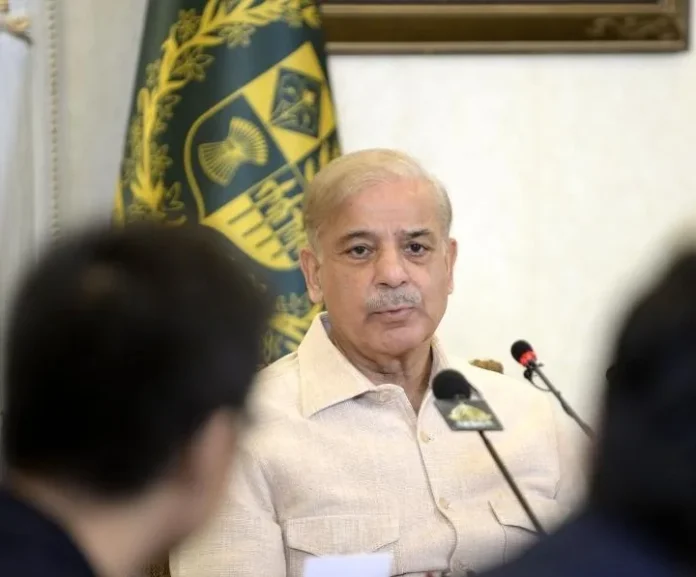NEW DELHI, May 7: Pakistan has been placed on a ‘red alert’ following late-night Indian strikes on “terrorist infrastructure” across the country. All government hospitals have been directed to remain on emergency footing, while airspace for both domestic and international flights has been shut for 24 to 36 hours. Educational institutions in Islamabad and Punjab have been closed, and security forces across the country have been placed on standby.
Pakistan’s Inter-Services Public Relations (ISPR) Director General Lt. General Ahmed Sharif Chaudhry confirmed that at least 26 people were killed and 46 others injured in the airstrikes, which New Delhi stated were aimed at terror camps in Pakistan-occupied Kashmir (PoK) and Punjab province.
The Indian strikes and Islamabad’s retaliation have jolted locals, who fear the escalating conflict could potentially lead to a full-scale war between the two countries. The strikes were carried out in response to the April 22 Pahalgam terror attack in which 26 civilians were brutally gunned down by four militants, two of them allegedly hailing from Pakistan.
Among the high-profile targets was Masjid SubhanAllah—the alleged hideout of Jaish-e-Mohammed (JeM) chief Maulana Masood Azhar—in the Ahmedpur Sharqia area of Bahawalpur city in Pakistan’s South Punjab province. Multiple strikes were also conducted in other areas, including Muridke, which is allegedly the hideout and headquarters of Lashkar-e-Taiba (LeT) and Jamaat ud Dawa (JuD) chief Hafiz Saeed, as well as locations in Muzaffarabad, Kotli, and Bagh cities.
Pakistan Prime Minister Shehbaz Sharif is expected to address the nation on Wednesday afternoon. Ahead of his address, he called an emergency meeting of the National Security Committee (NSC) at the Prime Minister’s House to assess the current security situation and formulate a future course of action in response to India’s strikes.
The crucial NSC meeting will also contemplate the role and interventions of global powers. The United States has urged both India and Pakistan to exercise restraint and de-escalate the rapidly intensifying tensions between the two nuclear-armed neighbors.

